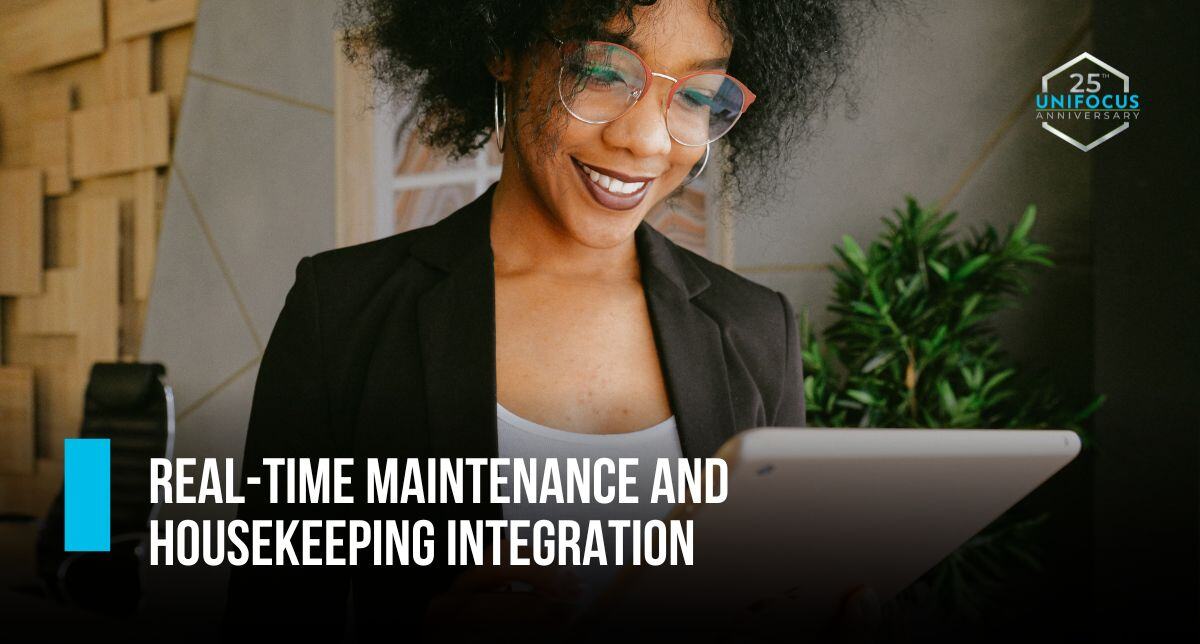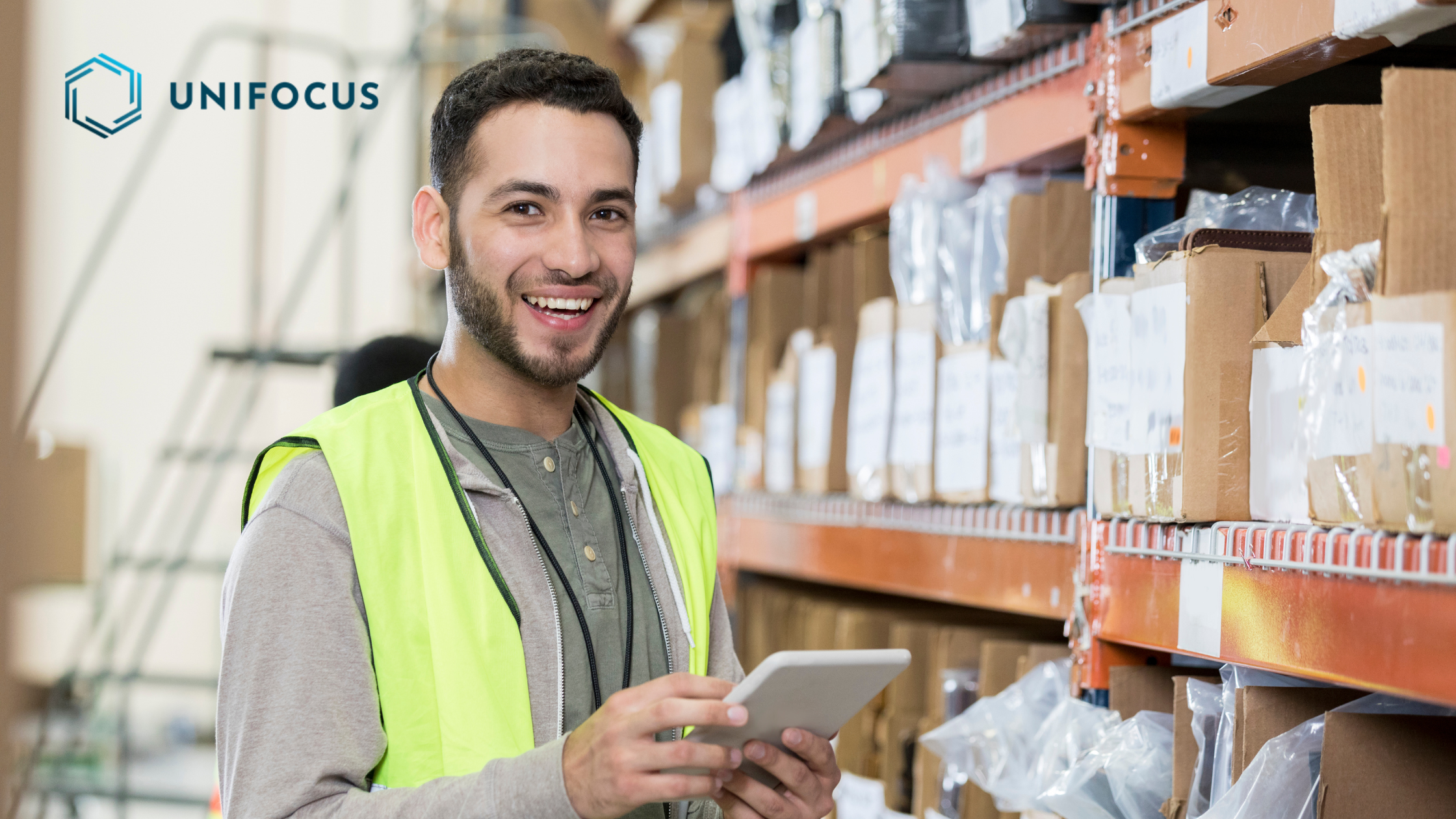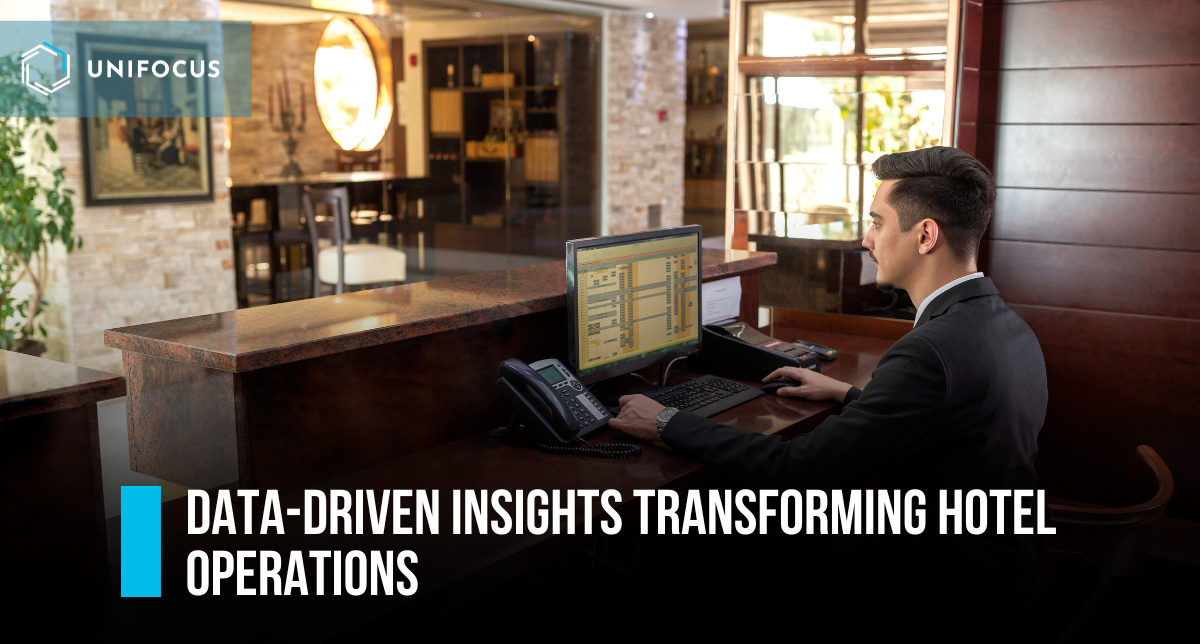Operational efficiency in hospitality directly influences guest satisfaction and profit margins. Maintenance and housekeeping are two critical areas that need to work in sync to ensure smooth operations. However, when these teams operate independently, issues often arise—delays, miscommunication, and overlooked repairs can all lead to dissatisfied guests.
Imagine a guest checking into a room only to find an air conditioner not working or a light bulb flickering. These are minor fixes, but if they aren’t addressed promptly, they can turn into a frustrating experience for the guest. Integrating maintenance and housekeeping systems ensures faster response times, prevents service disruptions, and keeps things running smoothly.
Why Integration is the Smart Move
Integrating maintenance platforms with housekeeping systems is more than a technical upgrade—it’s about streamlining processes. Real-time communication between these departments means that maintenance requests are addressed the moment they’re discovered, cutting down on unnecessary delays.
For instance, if a housekeeper notices a malfunctioning shower, they can immediately log the issue through an integrated app, triggering a maintenance request without the need for manual reporting. This speeds up the repair process, keeping rooms guest-ready and minimizing service downtime.
Key Benefits of Integration
1. Instant Communication and Action
When systems are connected, communication between teams is seamless. Maintenance requests aren’t lost in the shuffle, and housekeepers don’t have to chase down managers to get things fixed. A housekeeper can simply report an issue like a broken door lock, and maintenance is notified right away—no extra steps, no waiting.
2. Faster Turnaround on Repairs
With real-time updates, maintenance staff can prioritize tasks based on urgency, such as fixing a malfunctioning HVAC system before a new guest checks in. This kind of responsiveness can turn a potential complaint into a non-issue, keeping guest satisfaction intact.
3. Efficient Use of Resources
Integrated platforms help allocate tasks more efficiently. If multiple rooms need repairs, the system can prioritize tasks and assign available maintenance staff accordingly. This means fewer bottlenecks, better use of your team’s time, and less downtime for rooms waiting to be serviced.
4. Enhanced Guest Experience
When maintenance issues are resolved quickly, guests are less likely to encounter problems during their stay. This leads to higher satisfaction, better reviews, and more repeat business. A room that’s always ready and functional can make all the difference to a guest’s experience.
Tools for Seamless Integration
Property Management Systems (PMS)
By integrating maintenance and housekeeping with your PMS, you centralize everything in one place. When a room needs repairs, the system updates housekeeping schedules automatically to avoid double-booking. This keeps operations running smoothly and ensures rooms are prepped on time.
Mobile Applications
Housekeepers and maintenance teams can stay connected on the go. A mobile app allows for instant reporting and tracking of maintenance issues, with real-time status updates for both teams. No more waiting for someone to log a repair manually—everything is done in the moment, making it easier to manage tasks.
IoT Devices and Predictive Maintenance
Smart devices like sensors can detect leaks or malfunctions before they’re even noticed by staff. For example, a thermostat might alert the team if a room’s temperature is too high or low, allowing for proactive maintenance before the guest even realizes there’s an issue. This not only prevents problems but also improves the overall guest experience.
Putting It All Together: The Bigger Picture
When maintenance and housekeeping systems are integrated, the benefits are clear: quicker repairs, smoother operations, and happier guests. Instead of departments working separately, an integrated approach ensures everyone is on the same page, keeping the hotel running like a well-oiled machine.
Hotels that embrace these tools can expect fewer delays, better resource management, and more positive reviews—all of which contribute to a stronger bottom line.
By investing in these integrated systems, hotels are not only improving daily operations but setting themselves up for long-term success.

 Real-Time Maintenance and Housekeeping Integration for Hotels" >
Real-Time Maintenance and Housekeeping Integration for Hotels" >




